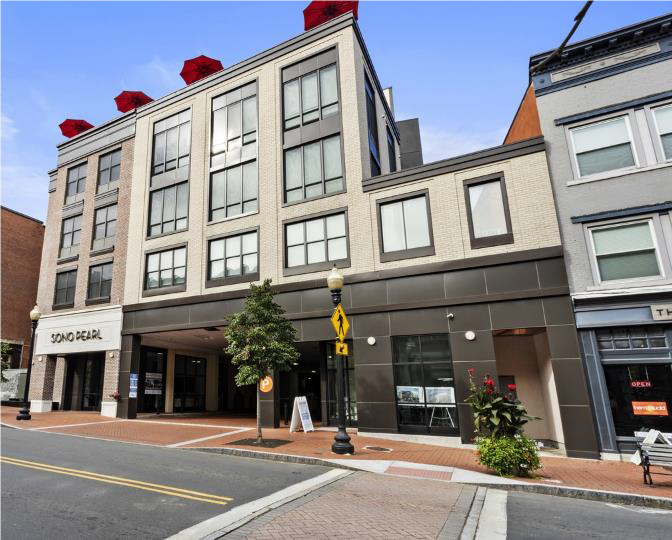News: Connecticut
Posted: March 17, 2010
Treatment of an absolute assignment of rents in bankruptcy
As economic conditions force greater numbers of commercial real estate deals into distress situations, issues relating to the respective rights of borrowers and lenders to control and use rents also increase. Control and use of cash flow generated by commercial real estate properties is central to any workout, restructure or enforcement activity.
In documenting commercial mortgage loans, lenders routinely take assignments of rents through the terms of the mortgage or by a separate assignment, or both. Lenders have long sought to characterize these assignments as being an absolute rather than merely collateral in nature. Under these absolute assignments, borrowers are granted a revocable license to collect and use rents, which is subject to termination upon default. Under this construct lenders can characterize borrower's interests in rent as being contingent prior to termination of the so-called license back, and non-existent after termination.
In bankruptcy, this construct can be crucial in determining whether rents are part of the debtor's bankruptcy estate. A court upholding the validity of an absolute assignment of rents allows the lender to assert ownership and control cash and limits a debtor's ability to reorganize. Conversely, courts that view absolute assignments as really collateral assignments, require lenders to engage in some extensive enforcement activities to secure control of the rental stream.
A split of authority persists among states regarding the treatment of rents subject to an absolute assignment of rents in bankruptcy. Given that the borrower still retains a contingent interest in rents subject to an absolute assignment to the extent the debt is ever paid off, some states hold that they are better considered part of the borrower's bankruptcy estate. Connecticut and Massachusetts are two such states. In Cavros v. Fleet National Bank, the U.S. Bankruptcy Court for the District of Connecticut held that an assignment of rents purporting to convey "the entire lessor's right, title and interests in" all rents was in substance a mortgage because the borrower retained the power to divest the lender's interest through satisfaction of the mortgage debt. The court held that this "equitable title" or "equity of redemption" persisted until extinguished in a foreclosure action. Given the borrower's continuing interest in the rents, the court held that they were part of the borrower's bankruptcy estate. In Lyons v. Federal Savings Bank, the U.S. Bankruptcy Court for the District of Massachusetts similarly held that an assignment of rents purporting to "unconditionally" assign all rents constituted additional security, rather than absolute title, because the assignment was made conditional on the borrower's default and would terminate upon payment of the debt.
By contrast, New York and Vermont have recognized that an absolute assignment of rents can convey full title and accordingly have not included such rents in the borrower's bankruptcy estate. In In re Loco Realty Corp., the U.S. Bankruptcy Court for the Southern District of New York looked strictly at the language of the assignment which purported to "absolutely and unconditionally" assign all right, title and interest in all rents. Although the court acknowledged that the borrower had "an interest in the rents to the extent the mortgage is ever satisfied", it held that until such time, the rents were not the borrower's property and were not to be included the borrower's bankruptcy estate. In In re Galvin, the U.S. Bankruptcy Court for the District of Vermont also looked to the language of the assignment and determined that it conveyed absolute title to lender and therefore that the rents were not part of the borrower's bankruptcy estate. Although the agreement provided that the rents were "additional security", it also evidenced an "intent . . . to establish an absolute transfer and assignment", which the court found more persuasive.
Although treatments of assignment of rent in bankruptcy varies state to state, mortgage lenders are still well advised to use the construct of an absolute assignment with a license back in documenting their transactions.
Matthew Teich is an attorney at Halloran & Sage, Hartford, Conn.
Tags:
Connecticut
MORE FROM Connecticut
Highcap Group brokers $41.1 million sale of two building multifamily portfolio
Norwalk, CT Highcap Group has completed the sale of two luxury multifamily properties with a total of 120 units for a combined purchase price of $41.4 million.







.png)
